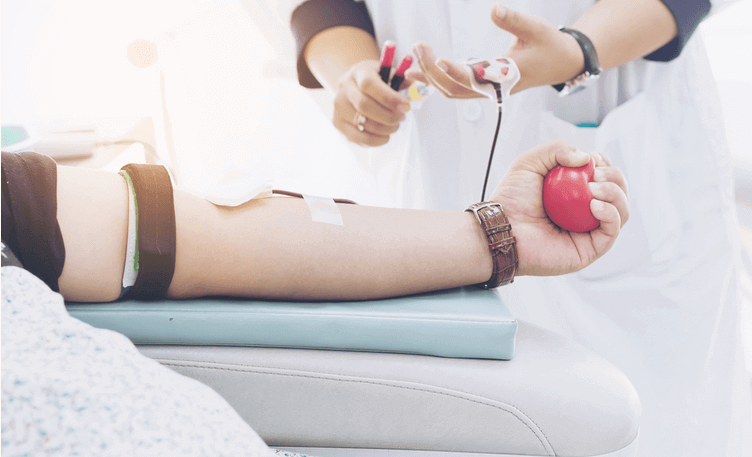
7 Interesting Facts About Blood Donation
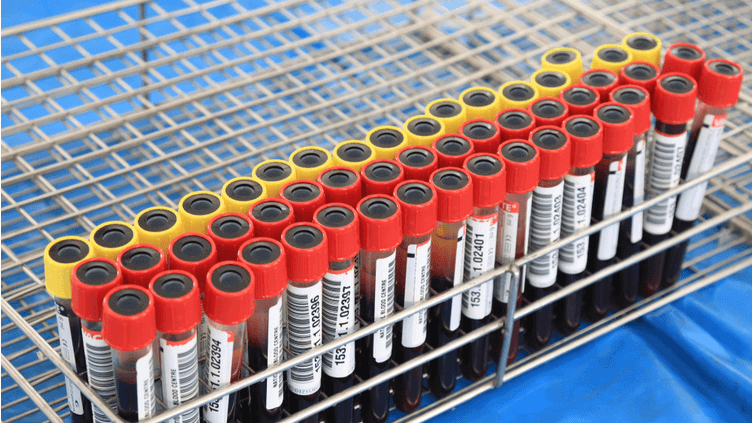
World Blood Donor Day is celebrated every 14th June to applaud voluntary blood donors who have saved numerous lives.
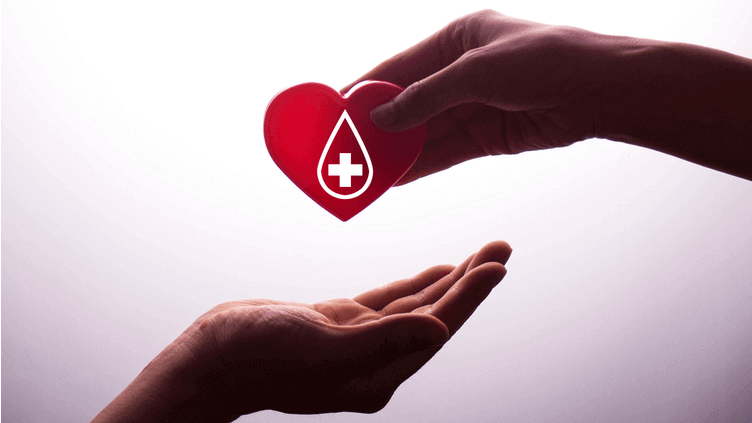
According to the World Health Organisation (WHO), India runs short of two million units of blood every year, despite our huge population. An adult has ten units of blood in their body, and only one unit is given during a donation. One donation can save almost three lives. Blood donation is considered a global act of charity and every person capable of donating blood must do so.
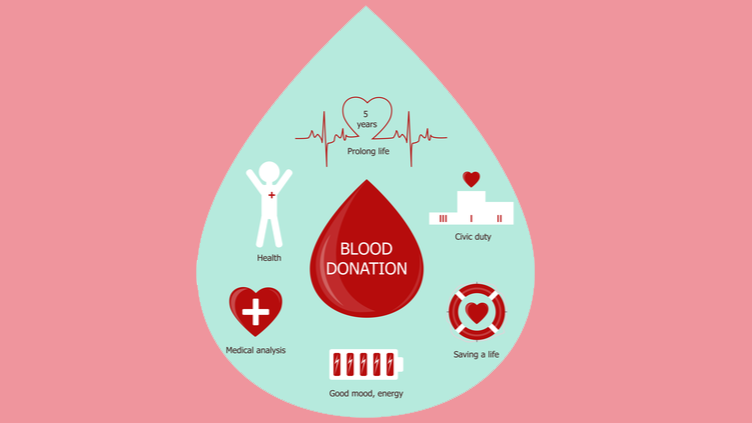
Blood donation is not only good for the receiver, but also for the donor. Donating blood from time to time avoids the development of medical conditions like hemochromatosis (a condition occurring due to excess absorption of iron by the body), has anti-cancer benefits, helps maintain a healthy heart and liver, aids in weight loss, and activates blood cell production. If you want to donate and store your blood for your own future medical emergency, it’s called autologous donation. Consult your doctor if you want to become an autologous donor.
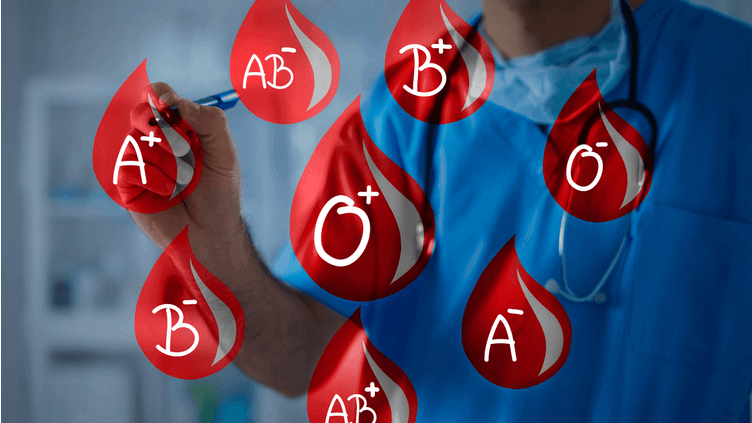
Only 7% of people in India have O-negative blood type. O-negative blood type donors are universal donors as their blood can be given to people of all blood types. 0.4% of people have AB-blood type. AB-type blood donors are universal donors of plasma, which is often used in emergencies, for newborns and for patients requiring massive transfusions.

All donated blood is tested for HIV, hepatitis B and C, syphilis and other infectious diseases before it can be transfused to patients. A sterile needle is used only once for each donor and then discarded. Blood donation is a simple four-step process: registration, medical history and mini-physical, donation and refreshments. Every blood donor is given a mini-physical, checking the donor's temperature, blood pressure, pulse and haemoglobin to ensure it is safe for the donor to give blood.
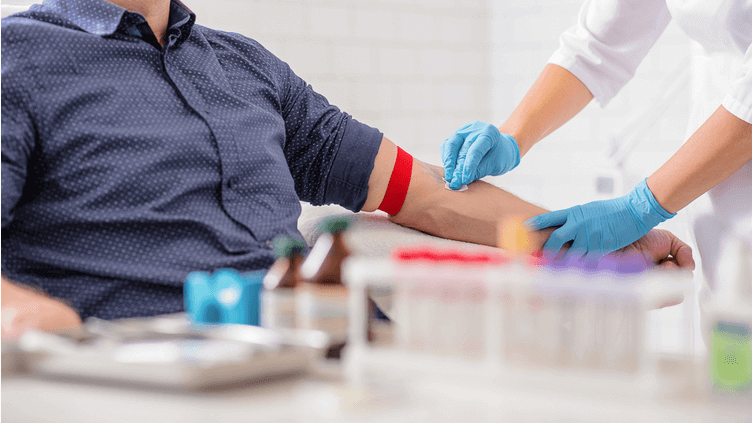
A healthy donor may donate red blood cells every 56 days, or double red cells every 112 days, and platelets as few as 7 days apart, but a maximum of 24 times a year.
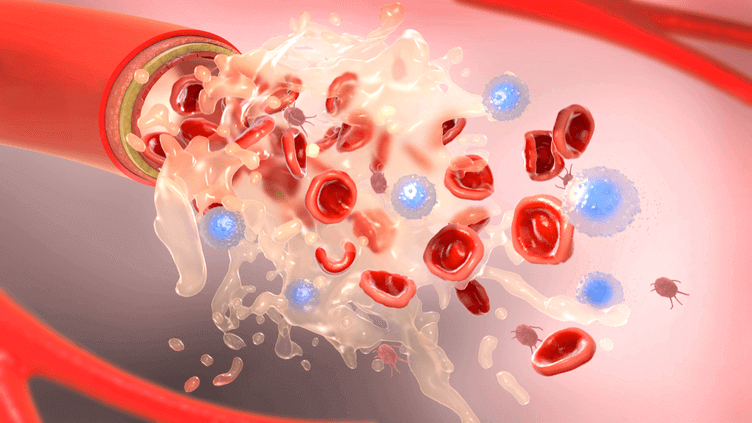
Blood makes up about 7% of your body's weight. There are four types of transfusable products from blood: red cells, platelets, plasma and cryoprecipitate. Donors can give either whole blood or specific blood components only. The process of donating specific blood components – red cells, plasma or platelets – is called apheresis. One transfusion dose of platelets can be obtained through one apheresis donation of platelets or by combining the platelets derived from five whole blood donations. Donated platelets are typically used within five days of collection.
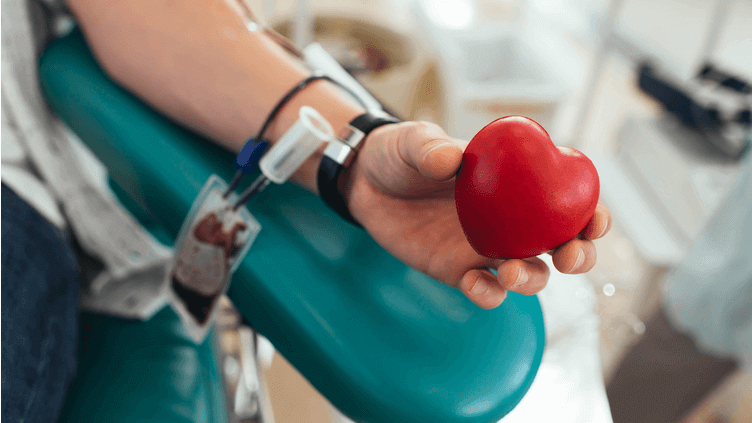
If you began donating blood at age 18 and donated every 90 days until you reached 60, you would have donated at least 112 litres of blood, potentially helping save more than 500 lives!

Your body will replenish the elements given during a blood donation – some in a matter of hours and others in a matter of weeks. Blood cannot be manufactured – it can only come from generous donors. There is no substitute for human blood.
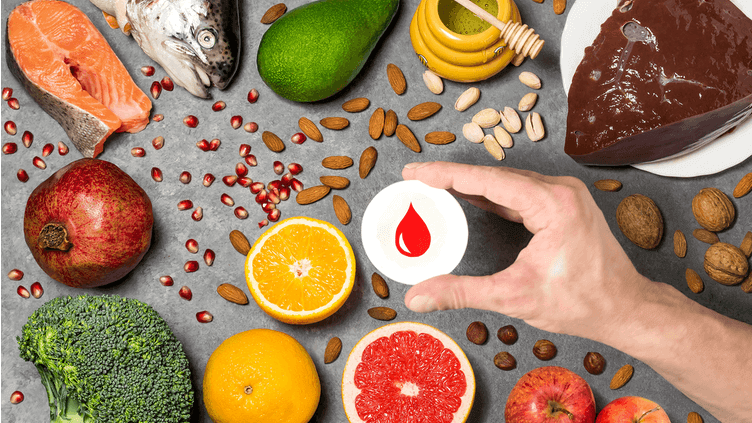
If you’re considering becoming a blood donor, there are a few eligibility criteria that you must meet. 1. You have to be 18 years and above 2. In good general health 3. Meet the weight requirements (50kgs)

